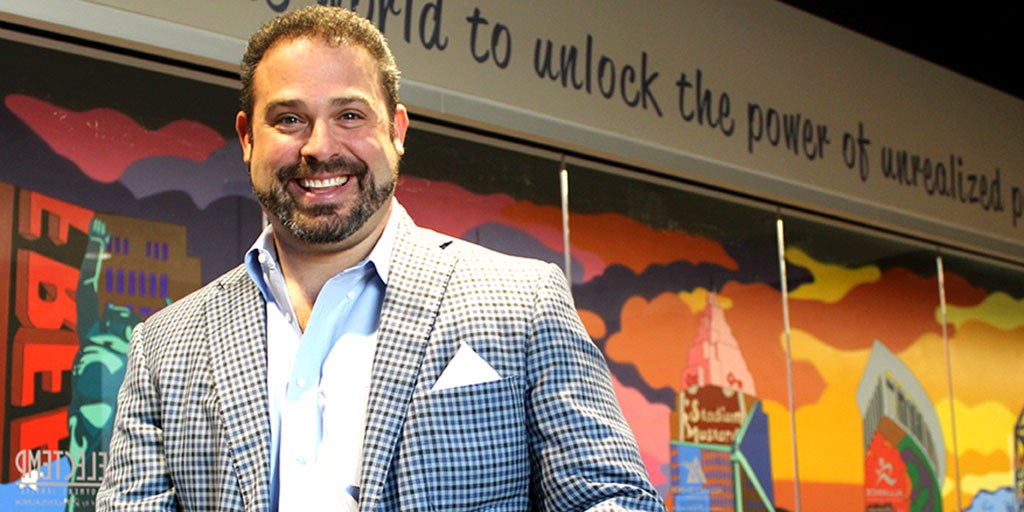Growing your business through acquisition is a highly complex process with many moving parts. One misstep can cost you everything. Our team recently had to manage through a significant oversight that almost forced us to shut down operations.
As an employment agency with thousands of temporary employees working for companies on assignments every day, we are required to pay employees on a weekly basis. We bill our customers for the hours our employees work on a weekly basis. In most instances, our customers do not pay their invoices every week. They typically pay them around the 42-day mark. Therefore, we end up accruing large accounts receivable balances on our financials. We pay an associate on a given week, but we won’t receive payment for that invoice for up to six weeks. During those six weeks, we have continued to pay that associate every week.
Thus, operating our business requires a significant amount of cash out before you start to get cash in. To solve for this cash flow gap, we partner with banks to help us fund payroll until the cash comes in. They typically lend us money that is equal to a percentage of our accounts receivable. For example, if we have an accounts receivable balance of $1 million, the bank might loan us $800,000 to ensure we can fund our weekly payroll commitments.
‘We missed something’
In July, we completed our largest acquisition to date, acquiring Bonney Staffing Center, the largest employment agency in Maine. When we acquire a company, we do not bring their accounts receivable with the deal. Those stay with the seller. Again, banks provide us a loan as a percentage of the accounts receivable to fund payroll.
Because we are not acquiring accounts receivable in our completed deals, our banking partners do not have that collateral to loan us money to fund payroll. So, right out of the gate, we must use existing cash flow to fund the payroll of the newly acquired company — until their accounts receivable balance grows to the point that they can fund their payroll. This typically puts a slight strain on our business for 60 to 90 days.
With our three previously completed deals, we managed through this successfully. But this time was different. We missed something. We’d created cash flow models as we went through the acquisition process to ensure we didn’t encounter any hiccups along the way. For months, we worked under a specific purchase agreement and terms associated with the deal. All of our cash flow modeling was geared towards this arrangement.
Well, in the three weeks leading up to the close of the acquisition, we renegotiated the terms of the deal and the seller accepted. Overall, it resulted in a lower total purchase price, but it required more cash upfront. It was a win-win for all parties involved. However, because we have associates wearing multiple hats during these initiatives, we failed to update our cash flow projections to account for the increase in upfront cash needed to complete the deal.
A big problem
The acquisition of Bonney Staffing completed right around the end of the quarter. We typically pay commissions and bonuses on a quarterly basis. We also make large payments for workers compensation and unemployment insurance.
Our CFO quickly realized that we had a problem. We didn’t have enough cash on hand to properly fund payroll for the upcoming week. In my 17 years of owning a business, I had never dealt with a significant cash flow situation, and I was totally caught by surprise when this happened. Structurally, our business is in great shape. We are financially sound and our key financial metrics are all in line or better than industry comparables. Honestly … I thought we were crushing it. Suddenly, my business was in danger of not fulfilling its obligations.
I’ve always believed that one of my core responsibilities as CEO of my company is to build relationships with others in our community. I’ve worked hard to get to know many people with influence in our region. You never know when you might need someone to help bail you out of a crisis situation. As my CFO educated me on the dire situation we were in, I was thinking of who I could call.
I made two phone calls within a 10-minute time frame and was able to raise the money needed to fund payroll for the next week. In doing so, it provided enough time for our banking partners to execute on a strategy to permanently solve for the first 90 days of an acquisition and the cash flow needs to fund payroll. Our banking partner understood the dynamics of our situation and came up with an easy solution to the problem.
Changing for the better
Going through this experience, we’ve learned many lessons. Structurally, our bank has built in a process that eases the burden of how we fund a newly acquired company’s payroll for the first 90 days. That will be a huge relief. We are also reviewing our current process and implementing additional checks and balances to it so that we catch these types of issues before having to face them firsthand.
Some of the best lessons we ever learn, we learn from our mistakes and failures. The error of the past is the success and wisdom of the future.
Aaron Grossman is CEO at Alliance Solutions Group and has grown the business to support nine specialized staffing and recruitment brands across a variety of industries. He was recognized as a 2016 EY Entrepreneur Of The Year®. He also founded the Wrestlers in Business Network.
Related posts:
Finding companies is easy, knowing which to buy is the hard part
Take the guesswork out of making acquisitions




